Helping the Helpless: Adverse Childhood Experiences, Trauma, and Ways Forward
We can all sit and wring our hands about the impact of adverse childhood experiences (ACES) on children’s brain development and future trajectories, but what can we DO about it? As I’ve continued to track down and review research on familial substance use disorder, trauma and resilience, I’ve been curious about both programs which address the needs of preschoolers directly, and programs which help to train the people who work with children and families impacted by SUD.
Today was my lucky day! I interviewed two amazing women who are actively working to support children and families affected by trauma, in very different ways. Hearing their perspectives and insights placed the empirical research I’ve been doing into a real-world context and I look forward to processing the many layers of wisdom I encountered and framing them within my still burning research questions: What do early childhood educators need to know about substance use disorder in order to better meet the needs of the young children they work with AND: what role does stigma play in how these children and their families are included in our field’s embrace of diversity?
Tricia DeYoung is a Trainer at Familylinks, an agency which provides comprehensive mental and behavioral health services to families in need throughout Southwestern PA. Drawing on her extensive background working with the Boys Town Family Model, and the Sanctuary Model (now called PRESENCE), Ms. DeYoung provides training to social service personnel and educators on many issues related to trauma, and trauma-informed care.
During our interview, I asked Tricia what she wished that people could understand about trauma. She pondered for a moment, and then replied: “It’s really two-pronged: 1) Trauma can result from a singular event…it doesn’t have to be chronic. This singular event can also change the way the brain functions. And, 2) People who have experienced trauma process things differently. It’s not a choice. Their brains work differently.”
Liz Wasel is the Child Development Specialist and Volunteer Coordinator at Sojourner House, a residential drug and alcohol treatment program where mothers can live with their children while they are in treatment. Each family has its own apartment, and while the mothers engage in a rigorous treatment program during the day, their children either go to school, or, attend Liz’s wonderful child development program on site. Drawing on her early intervention background at DART (Discovery, Intervention, Referral and Tracking), Liz, her co-workers and volunteers provide children 8 weeks to 5 years with a caring, safe and developmentally appropriate early childhood environment based on their individualized needs.
I asked Liz, towards the end of our interview, what is the one thing she wished people could know that might reduce the stigma of substance use disorder and truly start to effect change. She thought for a minute and then stated: “I wish they could understand that no one wants to be an addict. No one chooses this disease.”
As I move forward with my research and my project, I wonder: what would YOU, as early childhood professionals and parents, like to know about working with young children impacted by substance use disorder and trauma?
